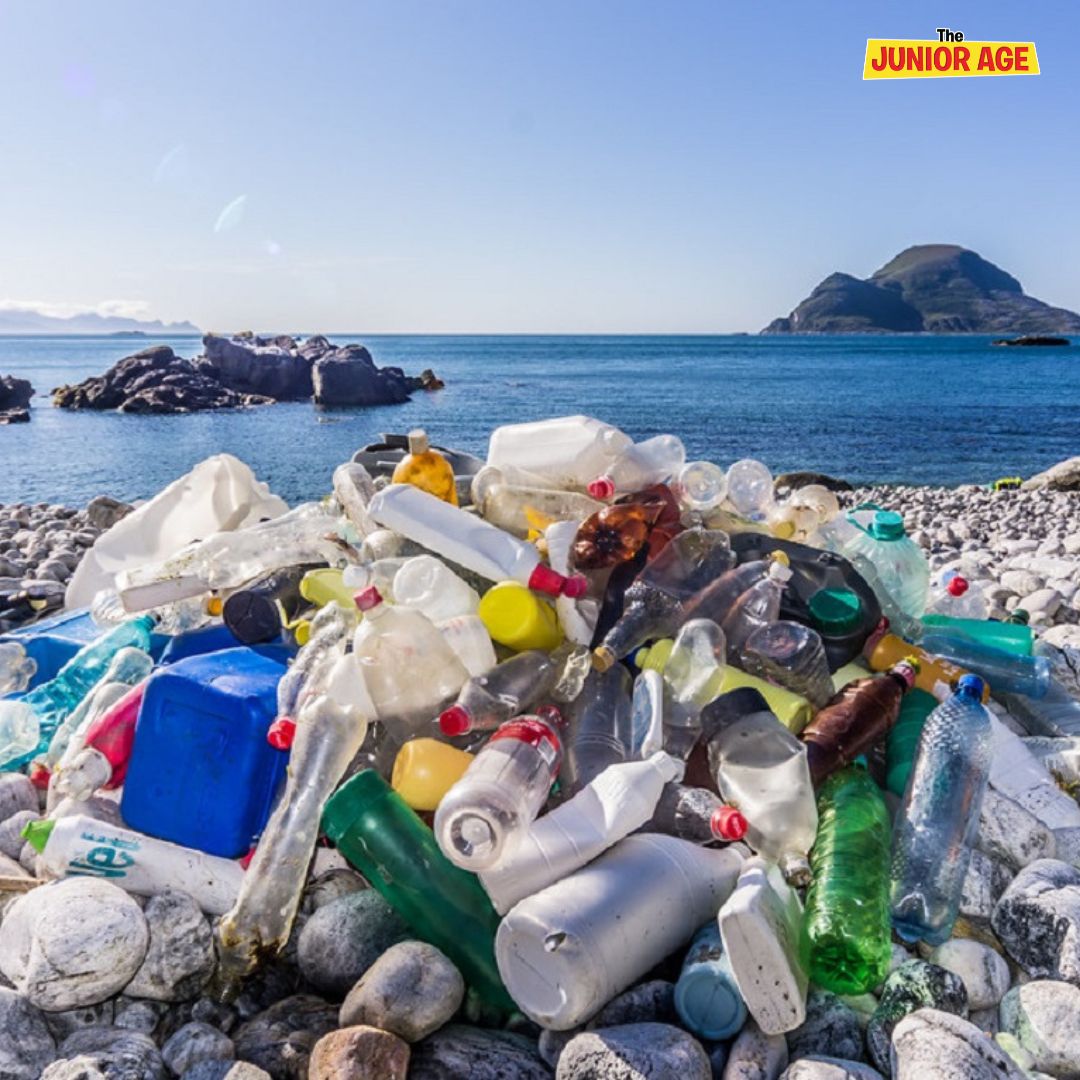Plastic pollution threatens the survival of marine life, endangers wildlife, contributes to climate change, and poses a health risk to humans. Plastic materials are a part of our oceans, soil, and air, impacting both wildlife and human health. Even though plastic is convenient to use, the use of plastic comes at a high environmental cost. The plastic pollution crisis is very serious. Plastic is non-biodegradable and can take up to a thousand years to decompose. This means that the plastic waste that is generated today, if left untreated, will be there for generations to come.
Also read, Is Plastic Recycling A Fraud?
- Coca-Cola and PepsiCo are two of the world’s biggest known plastic polluters.

- A plastic straw used for just a few minutes takes almost 200 years to decompose.

- A plastic bag, which may be used for an average of 15 minutes, can take 20 years to break down.

- Polyethylene Terephthalate is a plastic that is used in plastic packaging for foods and beverages, takes around 500 years to break down.

- The world produces around 400 million metric tonnes of plastic waste every year.
- 50% of that is for single-use purposes utilised for just a few moments, but on the planet for at least several hundred years. A plastic bag, which may be used for an average of 15 minutes, can take 20 years to break down. When plastic items are discarded, they do not biodegrade: instead, they slowly fragment into smaller pieces, known as microplastics. These microplastics are less than 5mm in diameter and become almost impossible to deal with. Plastic in this form can remain in the environment for centuries, infiltrating ecosystems and causing harm to wildlife and humans.
- The world produces around 400 million metric tonnes of plastic waste every year.
- 50% of that is for single-use purposes utilised for just a few moments, but on the planet for at least several hundred years.
- India has the best plastic recycling rate in the world, reportedly re-cycling as much as 60% of its plastic waste.
- China is the world’s largest plastic-producing country.

- 90% of plastic is made from fossil fuels.
- 5 trillion pieces of plastic are estimated to be floating in the world’s seas.
- Only 9% of all plastic gets recycled.
- 1 million marine animals are killed by plastic pollution every year.
- 90% of seabirds mistakenly eat plastic rubbish.
- 1 in 3 fish caught for human consumption now has plastic.
- More than 700 species, including endangered ones, have been affected by plastic pollution.


- 10 million tons of plastic is dumped in the oceans every year.
Watch full video on, #COP28 Historic Moment : COP28 Deal Agrees To ‘Transition Away’ From Fossil Fuel

